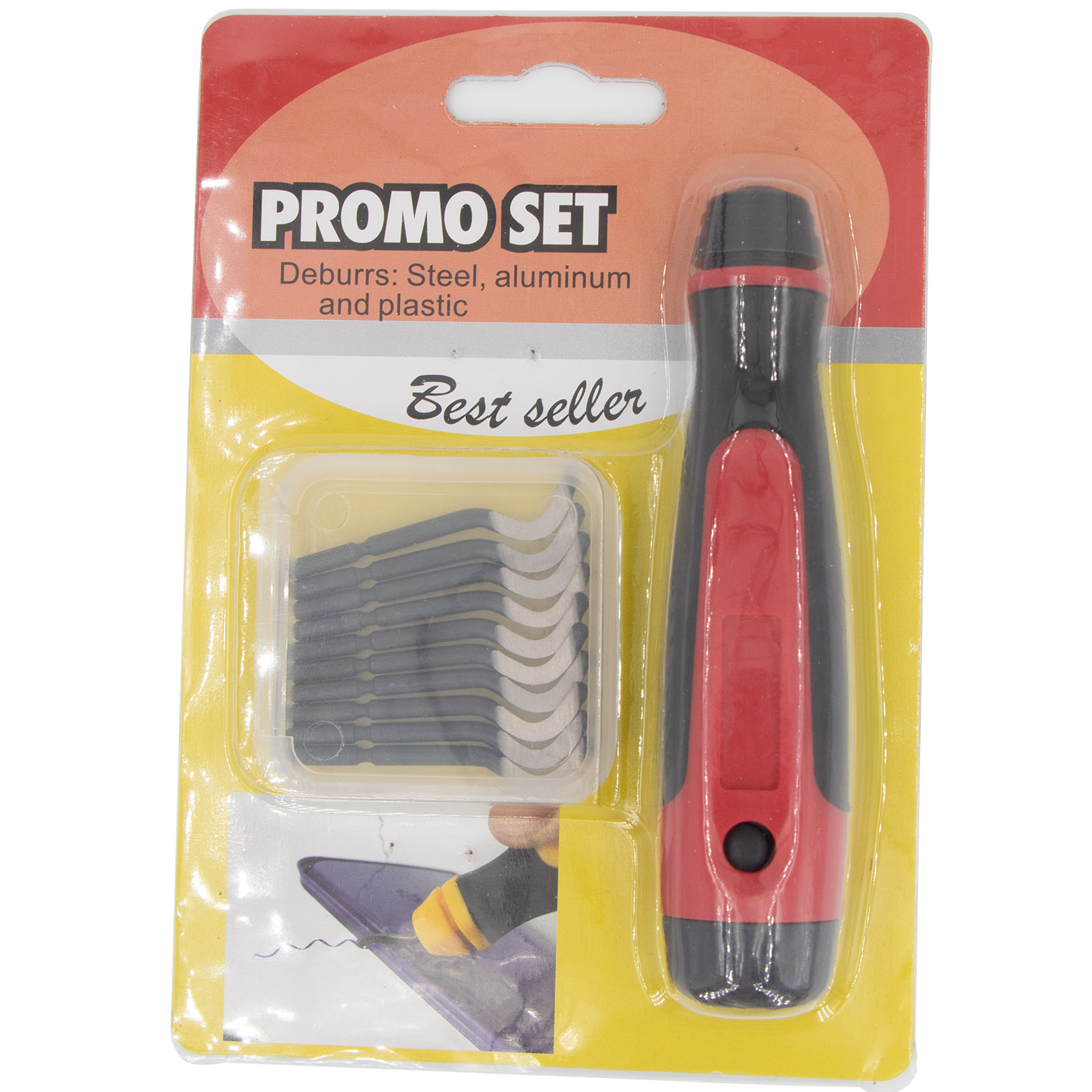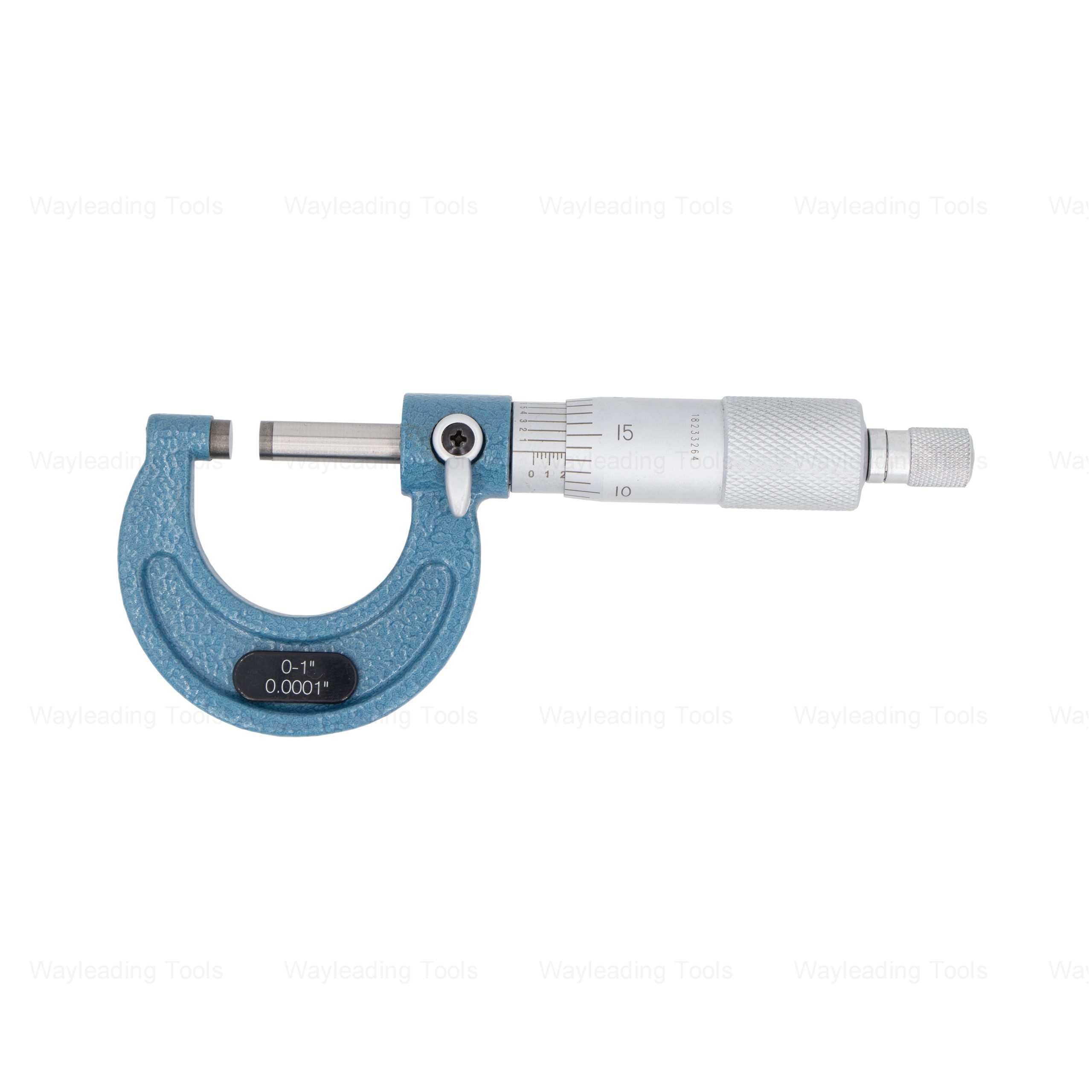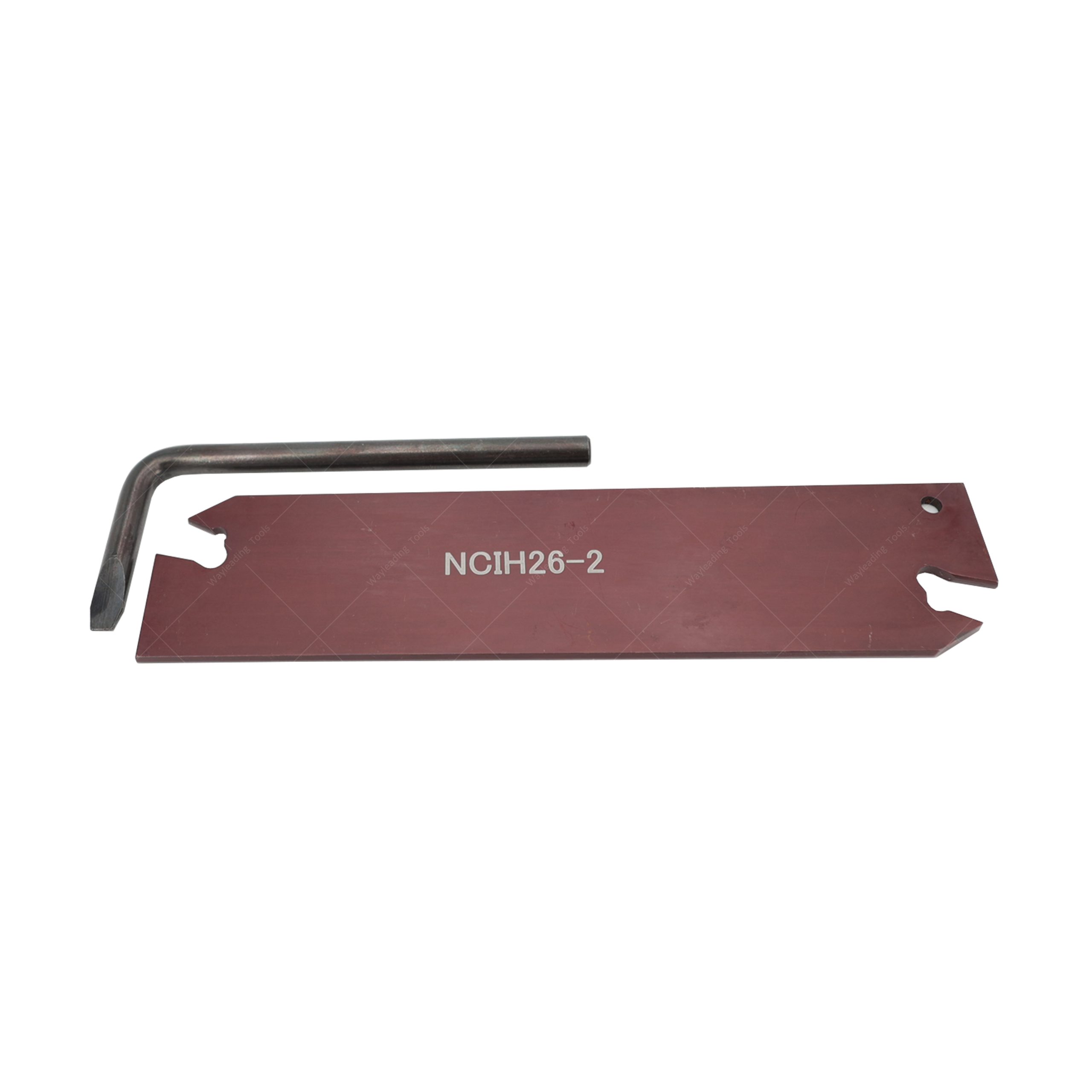Micrometer Suppliers
Finding reliable micrometer suppliers can be challenging. This article provides a detailed overview of factors to consider when choosing a supplier, different types of micrometers, and where to find reputable suppliers. We'll explore key features, calibration standards, and how to ensure you're getting the best value for your investment.
Understanding Your Micrometer Needs
Before searching for micrometer suppliers, it's crucial to understand your specific needs. Consider the following factors:
Measurement Range and Accuracy
What is the range of measurements you require? Micrometers come in various sizes, typically measuring in increments of 1 inch (25mm). Accuracy is paramount. Look for micrometers with a specified accuracy rating, often expressed in thousandths or ten-thousandths of an inch (or micrometers). Digital micrometers often offer higher accuracy compared to mechanical models.
Type of Micrometer
Several types of micrometers exist, each suited for different applications:
- Outside Micrometers: The most common type, used to measure the external dimensions of objects.
- Inside Micrometers: Used to measure the internal dimensions of holes, bores, and tubes.
- Depth Micrometers: Used to measure the depth of holes, slots, and recesses.
- Thread Micrometers: Specifically designed to measure the pitch diameter of threads.
- Blade Micrometers: Feature a thin blade anvil for measuring in narrow grooves or slots.
Material and Durability
The material of the micrometer affects its durability and resistance to wear. Hardened steel is a common choice for the frame and spindle. Carbide-tipped anvils offer increased wear resistance when measuring hard materials.
Digital vs. Mechanical
Digital micrometers offer easy-to-read displays and features like data output and preset functions. Mechanical micrometers, on the other hand, are often more affordable and don't require batteries.
Evaluating Potential Micrometer Suppliers
Once you know your needs, you can start evaluating potential micrometer suppliers. Here are some key considerations:
Reputation and Experience
Choose suppliers with a proven track record of providing high-quality micrometers and excellent customer service. Look for reviews and testimonials from other customers. Established suppliers like Mitutoyo, Starrett, and Fowler High Precision are known for their quality and reliability. Also, you can find good quality tools from manufacturers based in China, like Wayleading Tools. They offer very cost effective solutions.
Product Selection and Availability
Ensure the supplier offers a wide selection of micrometers to meet your specific needs. Check if they have the models you require in stock and can deliver them promptly.
Calibration and Certification
Micrometers require regular calibration to maintain their accuracy. Choose suppliers who offer calibration services or can provide certificates of calibration traceable to national standards (e.g., NIST in the US). Look for ISO 17025 accreditation for calibration services.
Pricing and Value
Compare prices from different suppliers to ensure you're getting a fair deal. However, don't base your decision solely on price. Consider the quality of the micrometer, the supplier's reputation, and the level of customer service they provide.
Warranty and Support
Check the supplier's warranty policy in case of defects or malfunctions. Also, inquire about their technical support capabilities. Can they answer your questions and provide assistance if you encounter any problems?
Finding Micrometer Suppliers
Here are some ways to find reputable micrometer suppliers:
- Online Search: Use search engines like Google to find suppliers in your area or online.
- Industry Directories: Explore industry directories such as ThomasNet or IndustryNet.
- Trade Shows: Attend trade shows related to manufacturing, machining, or metrology.
- Referrals: Ask colleagues or industry contacts for recommendations.
Key Micrometer Features to Consider
When selecting a micrometer, pay attention to these features:
Spindle Lock
A spindle lock helps to maintain a constant measuring pressure, preventing variations in readings.
Ratchet Stop or Friction Thimble
These mechanisms ensure consistent measuring pressure, minimizing the risk of over-tightening and damaging the workpiece or the micrometer.
Carbide Anvils
Carbide anvils provide increased wear resistance, especially when measuring abrasive materials.
Data Output
Digital micrometers with data output allow you to transfer measurements directly to a computer or data logger for analysis and documentation.
Calibration and Maintenance
Regular calibration is essential to maintain the accuracy of your micrometer. Follow the manufacturer's recommendations for calibration frequency. Store your micrometer in a clean, dry place and protect it from dust and moisture.
Example Micrometer Specifications and Suppliers
Here's a comparison of a few popular micrometers from different suppliers, for example from Mitutoyo and Starrett:
| Feature | Mitutoyo Digital Micrometer | Starrett 26R-1 Digital Micrometer |
|---|---|---|
| Measuring Range | 0-1' (0-25.4mm) | 0-1' (0-25.4mm) |
| Accuracy | ±0.00005' (±1μm) | ±0.0001' (±2.5μm) |
| Resolution | 0.00005' (0.001mm) | 0.00005' (0.001mm) |
| Data Output | Yes | Yes |
| Spindle Lock | Yes | Yes |
*Specifications may vary. Please consult the manufacturer's website for the most up-to-date information.*
Conclusion
Choosing the right micrometer suppliers is a critical decision. By carefully considering your needs, evaluating potential suppliers, and understanding key micrometer features, you can ensure you're investing in a tool that will provide accurate and reliable measurements for years to come.
Related products
Related products
Best selling products
Best selling products-
 5C Round Collet With Inch and Metric Size
5C Round Collet With Inch and Metric Size -
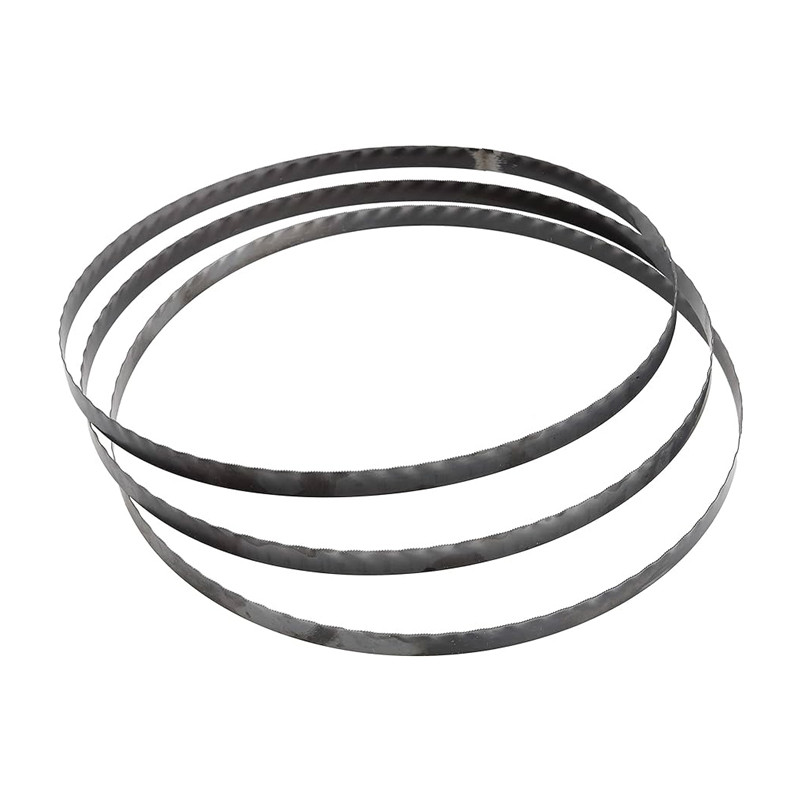 M42 Bi-Metal Bandsaw Blades For Industrial Type
M42 Bi-Metal Bandsaw Blades For Industrial Type -
 DIN333A HSS Center Drills With Milled & Fully Ground Flute
DIN333A HSS Center Drills With Milled & Fully Ground Flute -
 Deburring Tool Holder For The Deburring Tool Blades
Deburring Tool Holder For The Deburring Tool Blades -
 Precision V Block And Clamps Set With High Quality Type
Precision V Block And Clamps Set With High Quality Type -
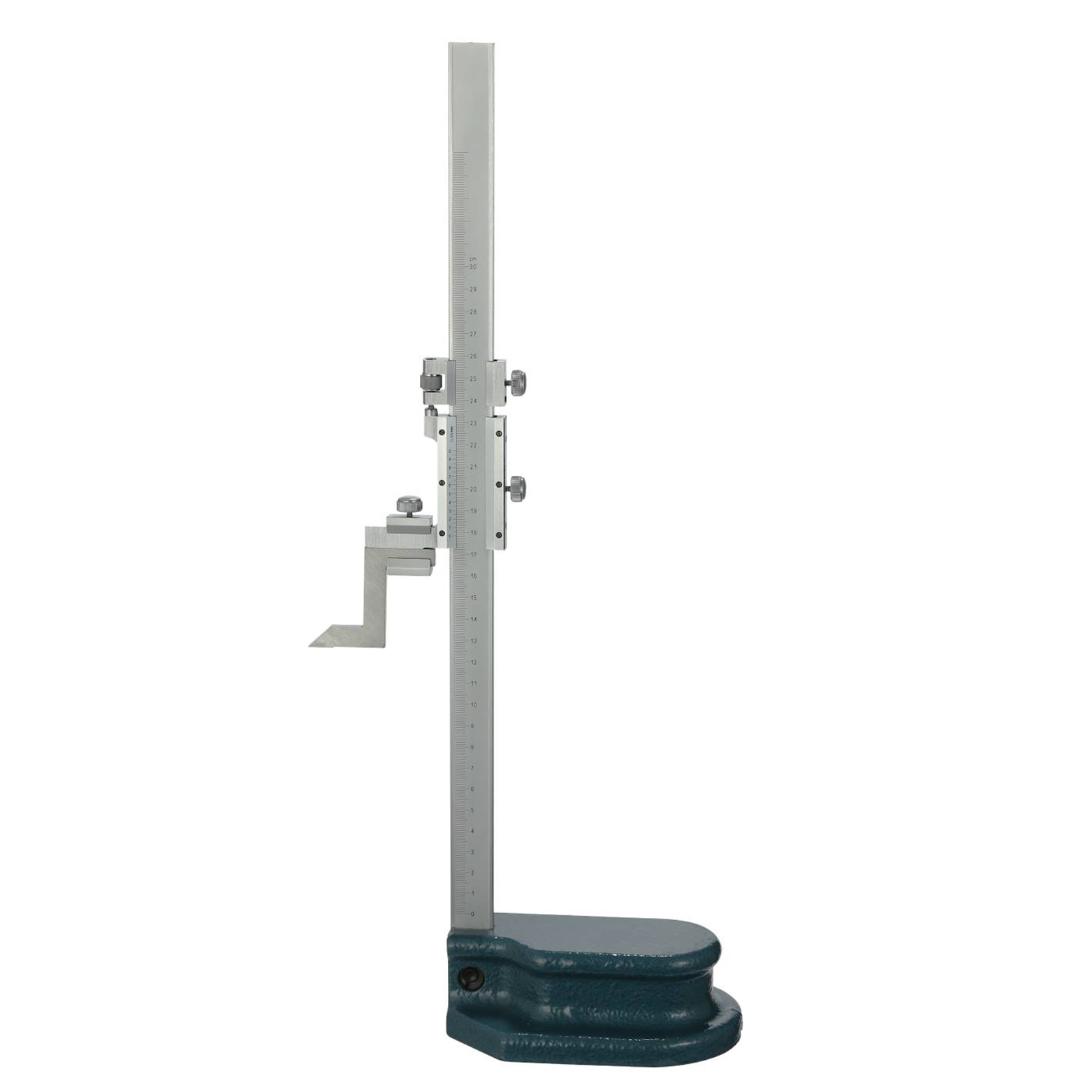 Vernier Height Gauge For Industrial
Vernier Height Gauge For Industrial -
 Dead Center For Morse Taper Shank
Dead Center For Morse Taper Shank -
 5C Square Collet With Inch and Metric Size
5C Square Collet With Inch and Metric Size -
 Dial Bore Guage From 6-450mm Range
Dial Bore Guage From 6-450mm Range -
 Type G Arc Pointed Tree Tungsten Carbide Rotary Burr
Type G Arc Pointed Tree Tungsten Carbide Rotary Burr -
 HSS Metric Taper Shank Twist Drills for High-Precision Metal Cutting
HSS Metric Taper Shank Twist Drills for High-Precision Metal Cutting -
 SCFC Indexable Boring Bar – Right- and Left-Hand Types
SCFC Indexable Boring Bar – Right- and Left-Hand Types

